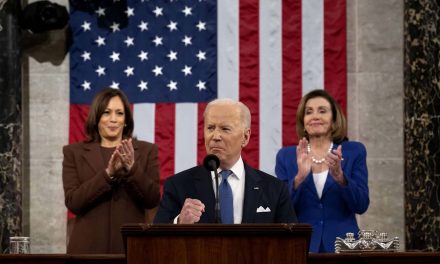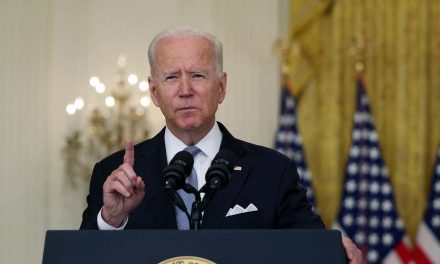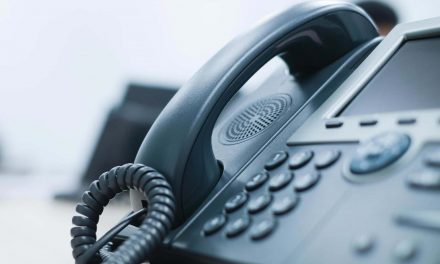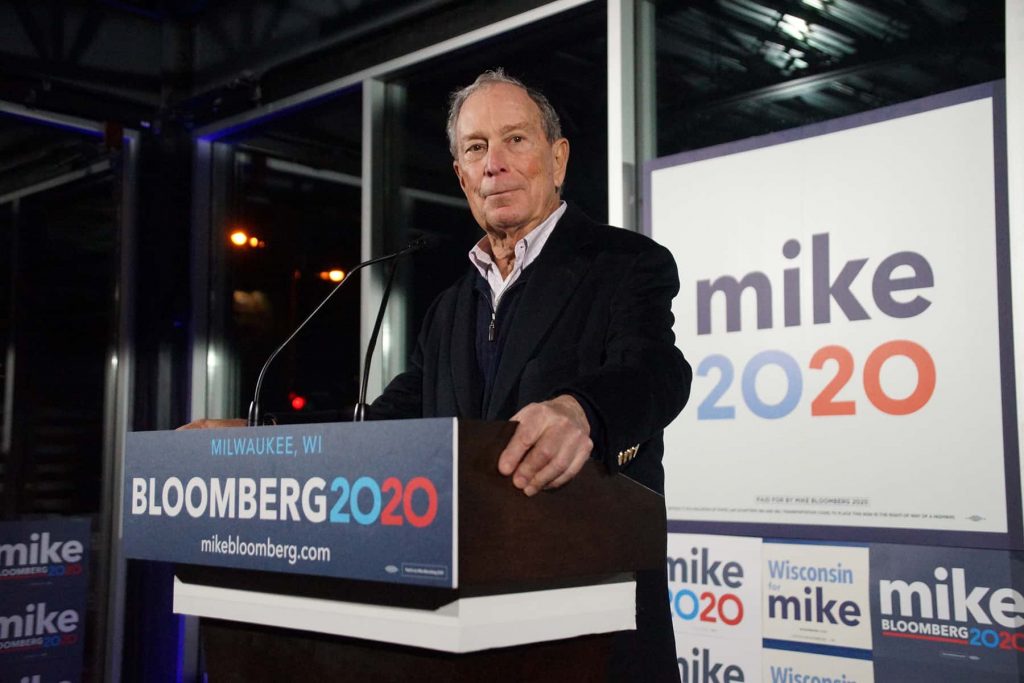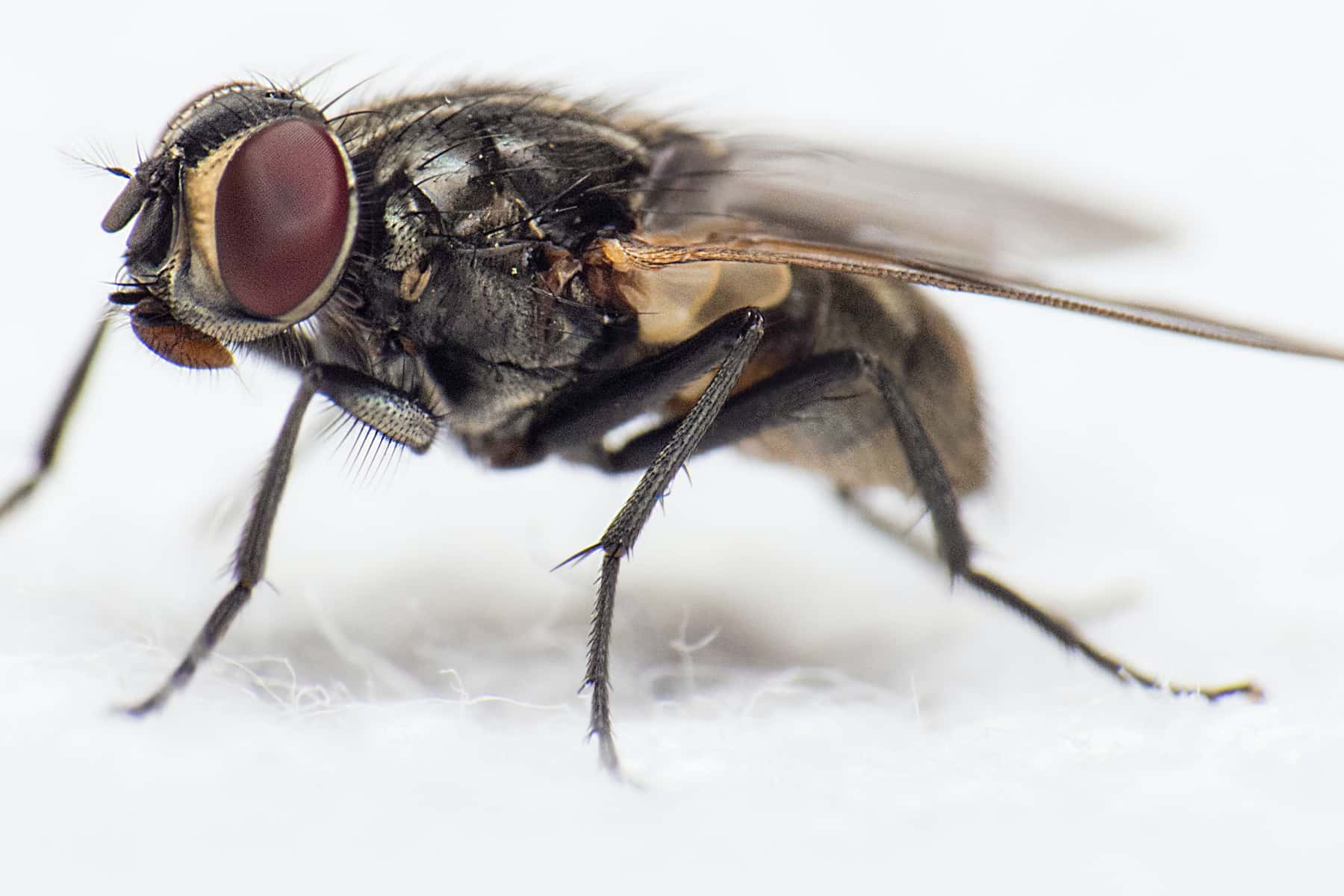
The first and only vice presidential debate for the 2020 election was held on October 7, and it transpired about as anyone would have expected. With the poll numbers as they are, the burden was on Vice President Mike Pence to try to move undecided voters into Trump’s camp, while Democratic vice-presidential candidate Senator Kamala Harris simply had to make sure to avoid any major gaffes.
But Harris is a good enough debater that she had a loftier goal, too: to make people who didn’t know her well connect with her as a person. Surprisingly, the moderator, Susan Page, the Washington Bureau Chief for USA Today, seemed unprepared for Pence to bully as Trump had. Pence talked far past his time, interrupted, and refused to answer questions, so the debate went off the rails quickly while Page tried to stop him only by saying “Thank you, Mr. Vice President,” an admonition he simply blew through.
Pence did not make up the ground he needed to if his goal was to help move voters into the Trump camp. He looked tired and weak and wooden, and one of his eyes was bloodshot. His answers were smooth, but they were Trump talking points and debunked conspiracy theories that we have all heard a thousand times. He turned away from questions of substance, quite explicitly refusing to answer them and turning back to a previous question. So, for example, he said the Trump administration had a plan to replace the Affordable Care Act, but when asked what it was, talked instead about the Supreme Court.
The only truly notable moment in his answers was notable indeed: he refused to commit to a peaceful transfer of power should he and Trump lose the election.
Pence needed to turn Trump’s numbers, and he did not. His repetition of debunked claims—I mean, he was really just lying — while talking over his opponent and the moderator, played terribly with women. Trump needs to make up ground there and, if anything, Pence lost it. What he did do, of course, was to play to Trump’s base, just as Trump did last week.
Harris did what she set out to do. She provided detailed, clear accounts of Biden-Harris policies—her explanation of the principles of foreign affairs was terrific: simple, clear, and a dig at Trump—and she connected with viewers who did not know her well by speaking personally about her mother, her talks with Biden, and about what people’s lives are actually like under this administration. Her masterful handling of Pence’s badgering also personalized her for the vast numbers of us who have dealt with That Guy in meetings, especially since, as a Black woman, she had to counter his gaslighting without coming across as “angry.”
Harris’s extraordinary historical significance as a Black woman on a debate stage vying to become America’s next vice president was not lost on anyone. America’s Black and Brown observers noted her significance to their own representation in government, and also noted how perfectly she was using facial expressions they had grown up with from older women to demonstrate that someone was out of line.
Women rated Harris’s performance higher than men did, but still about 60% of observers in a CNN poll gave Harris the win. Positive impressions of Harris also rose from about 56% to 63%. Pence’s favorability of 41% stayed the same. So, Harris nailed what she needed to: she solidified her ticket’s lead.
Still, the biggest winner of the debate was a large fly that landed on Pence’s head and roosted in his hair for two minutes without any reaction from the candidate. The hilarity that ensued on social media — you can just imagine the commentary — quickly overrode the few memorable words of the debate, leaving us with memorable impressions alone.
Before the event was over, the fly had several Twitter accounts and the Biden campaign had snapped up the “flywillvote.com” domain name. They redirected it to a website designed to help people register to vote.
Gabriel Manlake
Letters from an Аmerican is a daily email newsletter written by Heather Cox Richardson, about the history behind today’s politics

